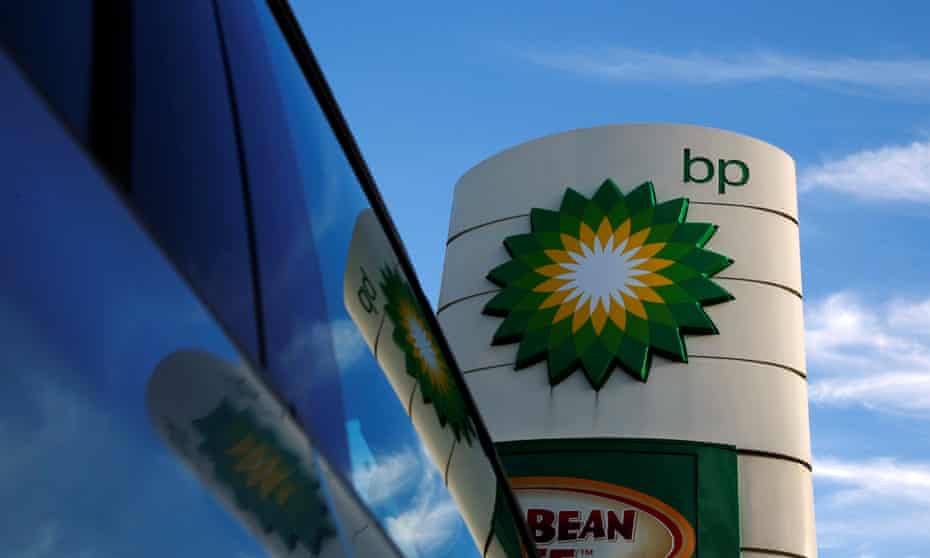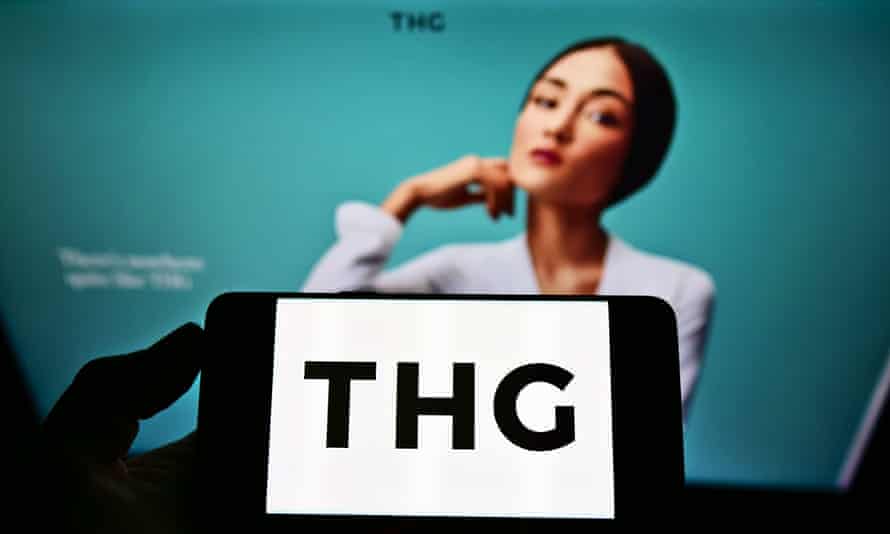BP can put rocketing gas and oil prices to better use

Share buybacks shouldn’t slow the pace of the oil and gas giant’s march towards renewables

The middle of the Cop26 climate conference was not an ideal moment to demonstrate that producing, refining and trading hydrocarbons remains a spectacularly lucrative business when the stars align. “We’re a cash machine at these types of prices,” declared the BP chief executive, Bernard Looney, cheerfully, referring to oil at $85 a barrel and gas still at multi-year highs.
His description is accurate. The oddity of accounting rules around hedging policies meant BP showed a formal loss in the third quarter of this year, but the surer guide to the current financial bonanza was the underlying profit of $3.3bn (£2.2bn). Remember that BP barely broke even in the equivalent period last year. The vaccine-led recovery in the global economy has transformed the outlook.
So time for BP to revisit its year-old targets for boosting investment in renewables? Use the current excess of cash to up the pace? Well, no, that is not on the agenda. Looney is sticking to what he promised: a doubling of investment in low-carbon projects this year to $2bn, mainly offshore wind and solar, with an increase to $5bn a year by 2030. The extra cash will instead go to shareholders.
The share buyback pledges, it has to be said, are large. The cash machine has been programmed to buy a further $1.25bn of shares before next February. Then the buybacks will continue at rate of at least $1bn a quarter as long as oil prices stay above $60 a barrel. That’s on top of a dividend worth $4bn a year. In round terms, BP’s distributions to shareholders are back where they stood before the pandemic: the dividend has been roughly halved, but buybacks would make up the difference.
Naturally, BP would argue – with some justification – that its investors would scream blue murder if they were denied their buyback spoils when oil and gas prices are high. The promise of extra distributions in good times was part of the same “financial framework” that plots BP’s intended path to net zero by 2050 – a framework that is meant to withstand any plunge in oil and gas prices. After a single lap of the track, there was no chance of Looney rejigging the arithmetic to accelerate renewables further.
But it is the next question if oil is still at $85 this time next year. In the “transformation” business, which is what BP says it is doing, pace matters. It is not compulsory to throw every spare dollar at share buybacks.
THG: caught between a BlackRock and a hard place

BlackRock has been an investor in THG, or The Hut Group as it was, for about a decade, so well before the ecommerce retailer arrived on the stock market a year ago. The world’s largest fund manager even bought more stock in the IPO, or flotation, emerging as the second-largest holder after founder Matthew Moulding.
The decision to flog almost half the stake – or 58m shares – therefore looks significant. There was some muttering about portfolio rebalancing, but none of it convincing. There’s only one way to read events when you’re a buyer at IPO at 500p and large seller at 195p a year later: you’ve changed your view of the long-term risks and rewards.
Naturally, THG’s share price moved almost directly to the BlackRock’s disposal price, implying a fall on the day of 9%. January’s zany valuation of 800p feels a world away. Moulding, trying to fight the crisis by belatedly preaching a gospel of governance reform, needs to find a credible non-executive chairman sharpish. BlackRock has not made the task easier.
Unfavourable results fuel poor results at Flutter
Bookies always publicise the brief periods when the punters win. It’s good for business. So the £60m hit from “unfavourable sporting results” got star billing within Flutter’s update. Champions League football, international football, American football and Tyson Fury got the blame (or credit).
It was enough for a downwards tweak to Flutter’s annual profits forecast, though £1.25bn-ish still sounds OK. All that has happened is a touch of mean reversion. The Paddy Power and Betfair group’s win margin had been a fraction better than normal earlier in the year.
The share price, after its rip-roaring run on the back of prospects in the liberalising US market, fell 8%. But at least part of the drop can be explained by the lack of the fresh news on the idea of listing the US FanDuel business, the local number one in a sports betting market that could be enormous.
Logic says it will happen because US market valuations for betting businesses are so much higher. The odd footie result is almost irrelevant by comparison. Having whetted appetites, Flutter can’t maintain the suspense indefinitely.
